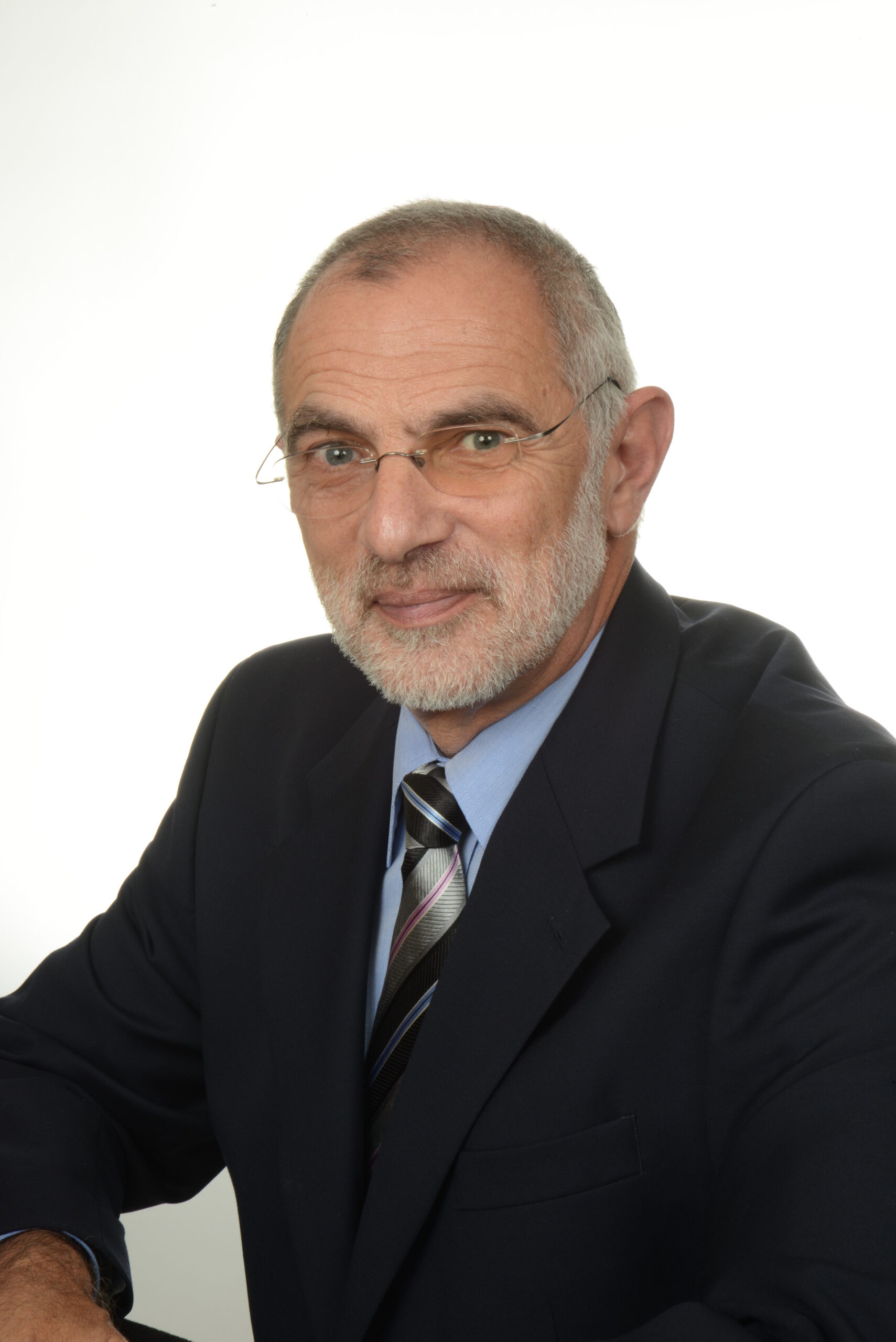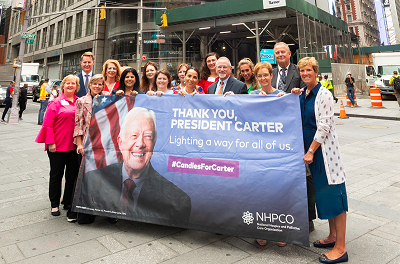Theres no quick fix in sight for our nations health care crisis, and some sources estimate that 50 million Americans now lack health insurance. Those seeking solutions to the problem of providing affordable, quality health care to the uninsured and underserved are increasingly turning to the example set by groups like Community Health of South Dade Inc. (CHI).
Founded in 1971, CHI is a not-for-profit organization that has evolved from two modest trailers into a network of six community health centers and four school-based centers offering integrated primary care and behavioral health care services including substance abuse, outreach and prevention programs. In 2004, CHI served over 45,000 individuals and handled approximately 250,000 total visits. Currently employing over 450 people, CHIs mission has remained consistent: to plan, organize, develop and operate a coordinated health care delivery system that provides readily accessible quality health services to people in the South Dade area in a way that assures the dignity and respect of the individual consumer and the provider of health services.
According to president and CEO Brodes H. Hartley, Jr. who locals fondly refer to as Colonel because of his 30 years of service in the US Army that means constantly innovating to get the most out of limited resources. Another challenge is simply making people aware that CHI and similar organizations are available, providing quality care on a sliding scale at a cost they can afford. “Traditionally that has meant service to the poor,” Hartley explains. “But today it includes providing basic health care to millions of people with good jobs who dont have health insurance and just cant afford the high cost of health insurance premiums or health care in the marketplace.”

Michael Kesti (left) and Brodes H. Hartley, Jr.
An affiliated group, Community Health Foundation, Inc. focuses on finding funding sources and promoting awareness of CHI and the need for the services provided by CHI and other community health centers. The foundations executive director, Michael Kesti, notes that the problem is not only the growing number of uninsured in America, but also that funding has not keeping pace. “If the funding were there, CHI could take care of a lot more patients,” he says, adding that community health centers around the country care for patients at an average cost of only $412 a year. “We could do more to ease the burden on our health system.”
Unfortunately, when the foundation does one of its jobs and promotes the services provided by CHI, the centers operated by CHI can become overwhelmed by the sheer numbers of people who need help. “We used to take care of poor people who could not afford to pay for health insurance,” Kesti says. “Now there are people with good jobs, but no insurance; people making good money, but working for small companies that cant afford health insurance coverage for their employees. Companies are even dropping insurance plans just to stay competitive.” CHI and the foundation have responded by focusing its efforts on these people, who often know nothing about CHI. “Were trying to reach out to this new market and convince them that our community health centers are an appropriate place to come for their familys health care,” he says.
Kesti adds that even President Bush recognizes that community health centers are models for the future of health care in this country. “We just need to do a better job of getting our message out and reporting it,” he says.
For the foundation, that message is simple: anyone can visit CHI and receive good care from board certified doctors with or without insurance, paying on a sliding scale based on personal or family income. “It can be as low as $12 for a visit to the physician,” Kesti points out. “We even offer transportation back and forth and a pharmacy that can deliver.”
As for overall funding issues, one solution the foundation is supporting is the endeavors of CHI in pursuing a discount health card that will allow people to pay a monthly fee to utilize the services of CHI or any of the other community health centers belonging to Health Choice Network, a group which now includes facilities throughout Florida, New Mexico and Utah. CHI was a founding member of the network, and Hartley is a past chairman and president.
The card is designed to help people stuck in the middle with no health coverage their income is too high to qualify for Medicaid, but they dont make enough to afford health insurance. “Our discount card will allow these folks to go somewhere for good health care and not feel like theyre getting charity,” Kesti says.
Plans to launch the card are in the final stages. Kesti expects the monthly cost to be about $20 for an individual and about $80 for a family, which will entitle members to medical discounts in line with Medicaid costs for patient care. “It represents a tremendous savings for someone without health insurance,” Kesti says, adding that members will have access to everything available at the centers, including pharmaceutical coverage, dental and vision care.
Noting that Hartley is a national figure in community health centers, Kesti believes the work CHI and the foundation are doing can help transform the health care landscape in this country. “Our discount card will be a real model program and I expect other health care centers to copy it,” he says. He admits that there are still some kinks to be worked out in terms of differing levels of care Health Choice Network participants offer, but he says its been very encouraging to see many of the centers working together to promote the discount health card program.
CHI, with the help of Kesti at the foundation, are also getting ready to spread the good news about the discount health cards to chambers of commerce and other business groups likely to take advantage of this cost-effective medical plan. “Were in the vanguard of health care reform,” he says, “and for now thats right where we need to be.”
Post Views: 666




























